Why putting Cortana everywhere is good thing for Microsoft and Windows Phone
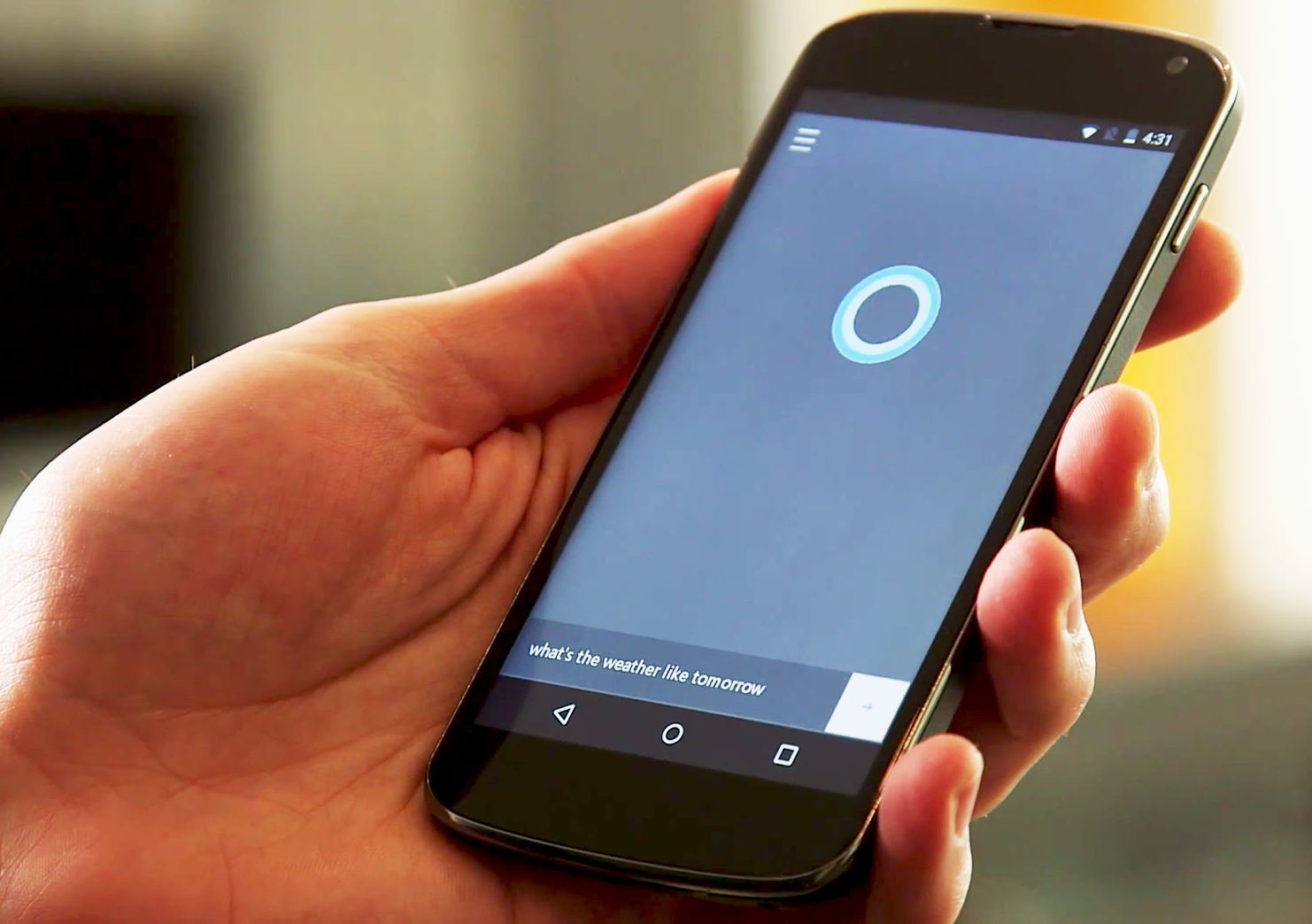
This morning, Microsoft announced that Cortana would be jumping ship to Android and iOS as separate apps installable through their respective stores. The news is far from surprising due to past rumors, hints from Microsoft and precedent in porting over previously exclusive Windows Phone features.
For Windows Phone users, many may still be shocked at the idea. I would argue if you are astonished by this, you should be paying more attention to the news. Microsoft for the last year has been offering all of their services from OneDrive, Office, Bing, Outlook, Garage apps, Xbox games, Microsoft Band (Health), and even their MSN apps to other platforms. Did you really think Cortana would be off limits?
The thing is Microsoft's strategy of being completely open is fantastic for all consumers. However, it also benefits them as a company. Here are a few reasons why Cortana being on an iPhone is welcome news.
1. Cortana is better on Windows 10 Mobile
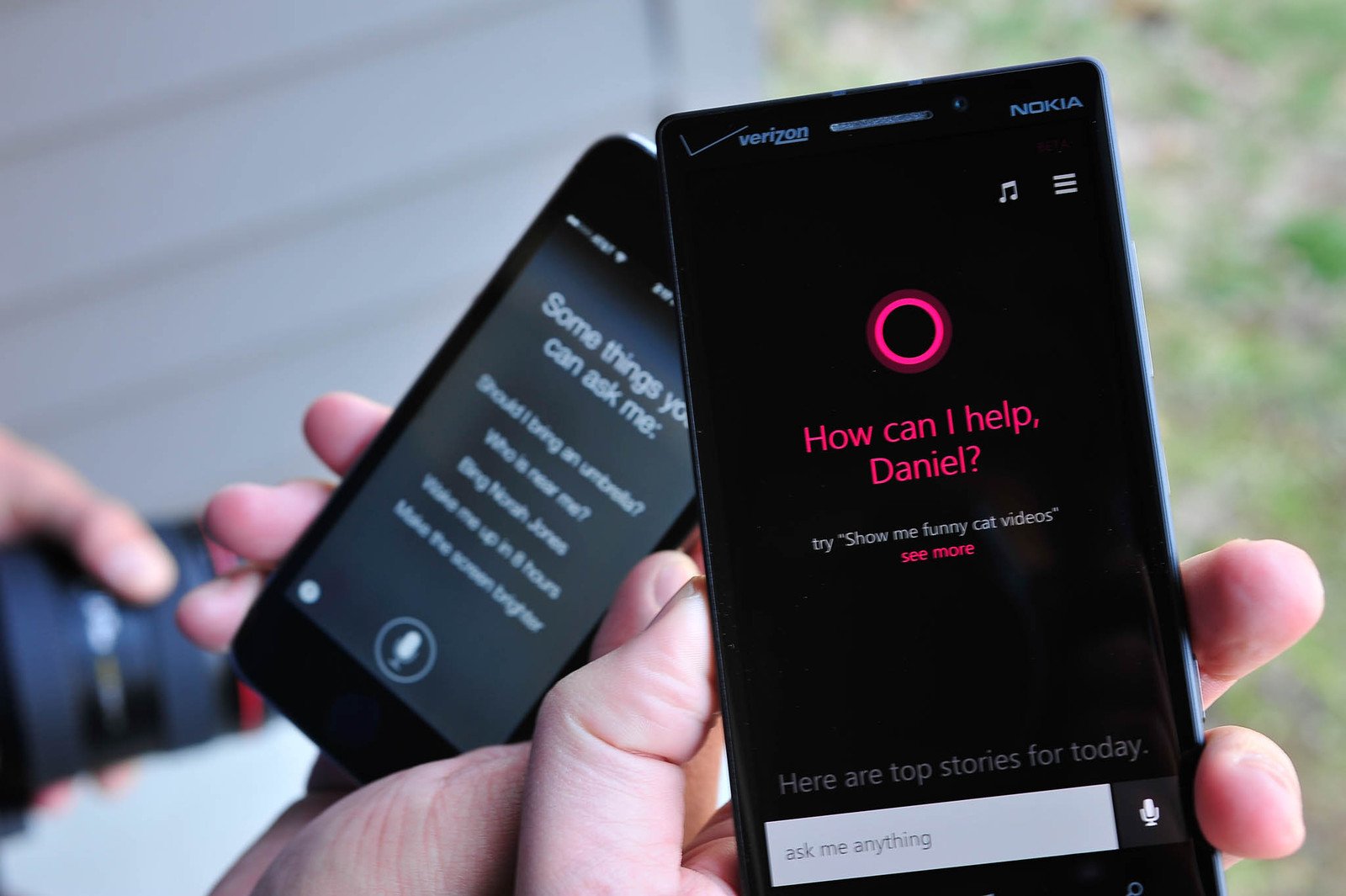
If you think having Cortana on iOS and Android as a standalone app is going to so good that there would be no reason to use Windows Phone, you are naïve.
Apple has Siri. Google has Google Now. Both systems are tightly integrated into the hardware too. Apple gives you no way to override Siri's hardware button (long button press). Google shoves their search engine, Google Now, Cards and whatever flavor of the month service down your throat at every turn on Android plus 'Ok, Google' for voice activation. Granted, on Android you will very likely be able to 'hack' Cortana into the hardware, but let's not kid ourselves into thinking that is mainstream.
My point, nonetheless, is this: When I run the Bing app on iOS, it is very nice. It is not as good though as the built in Search key on Windows Phone. The same goes for iPhone users where Cortana is 'just another app' to run.
However, without Hey Cortana and other abilities, Microsoft search assistant is only partially awesome on non-native platforms.
All the latest news, reviews, and guides for Windows and Xbox diehards.
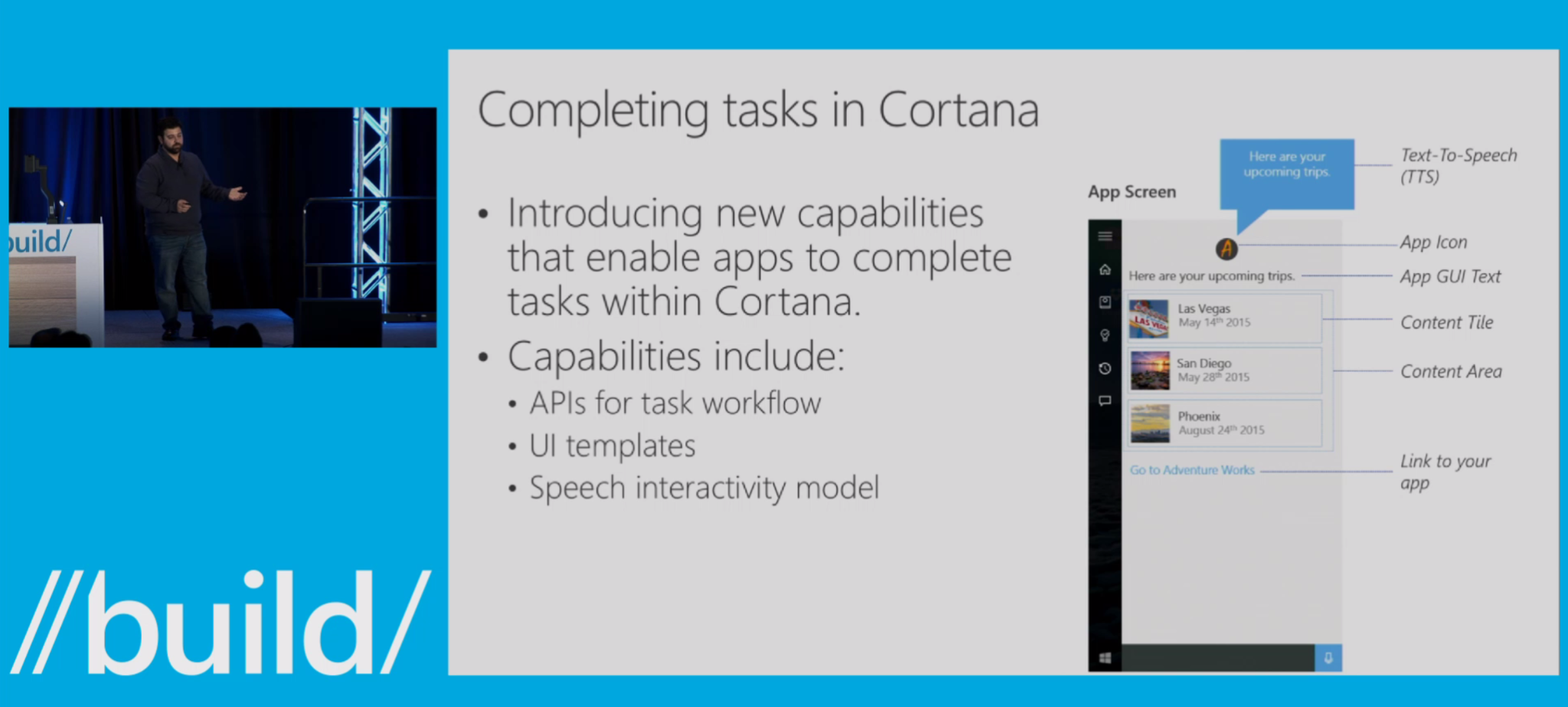
Cortana Extensibility in Universal Windows Apps
Last month at Build, Microsoft announced tools for Cortana that developers can leverage when making Universal Windows apps. Developers can take advantage of:
- Deep linking to app scenarios
- Voice command architecture
- Complete tasks in Cortana
- Find information quickly
App developers can have their app icon show up in Cortana, speak to the user, complete tasks and more. As a real-world example, you could ask Cortana to "Create a station for Led Zeppelin in Pandora". Cortana will then fetch a list of stations in Pandora, let you choose one and then start the app. Alternatively, developers can combine Cortana and Azure for intense searching using the cloud within the app.
For those users on iPhone or Android, this deeper level integration within apps is just not feasible. That is a win for Windows Phone and it will be a big deal.
2. More data equals a better product
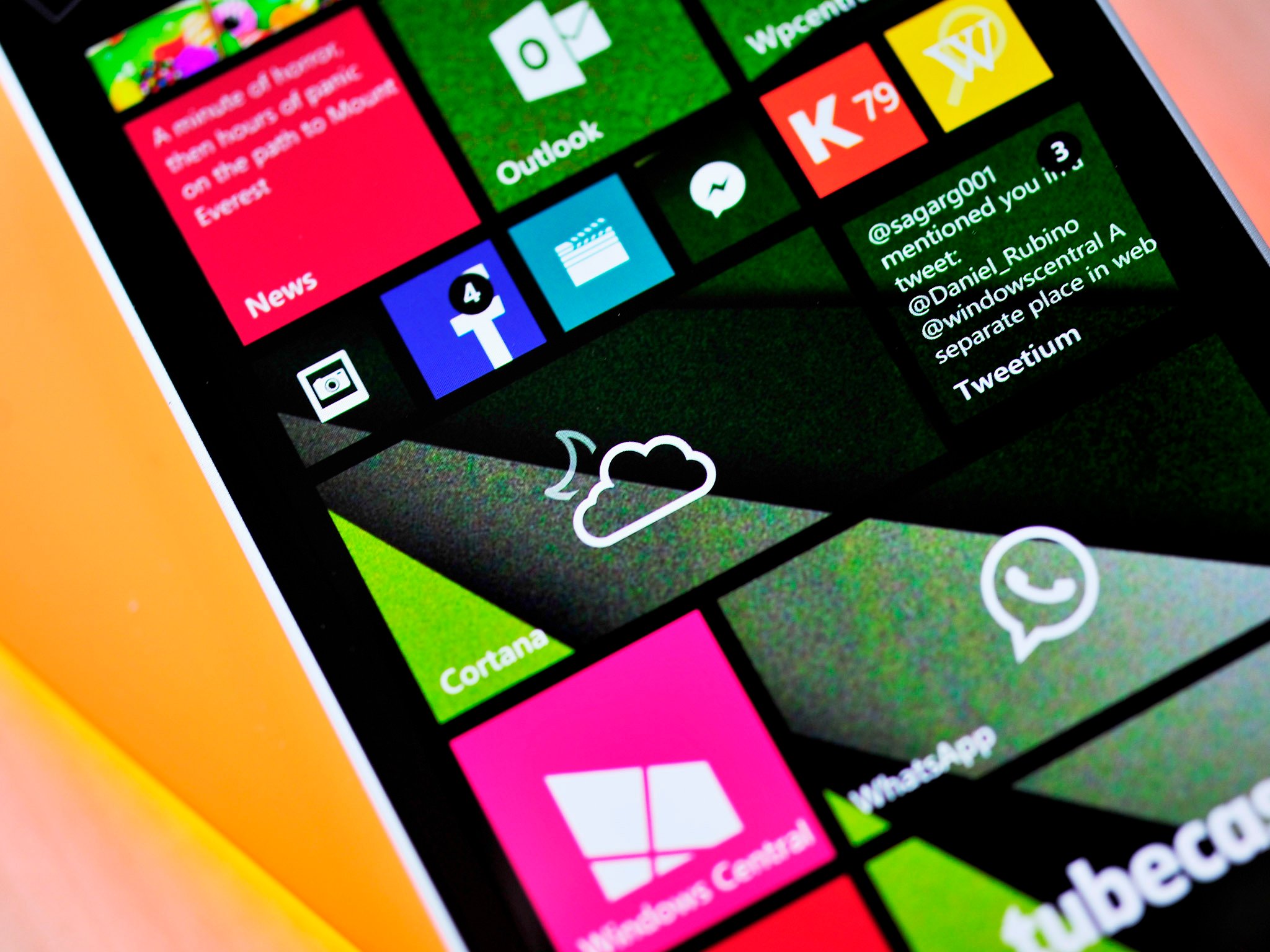
Cortana is a very data driven technology. Microsoft has been very clear about this fact since the beginning, and luckily they seem to lack the creepiness of Google, who also suck up data for higher-level analysis.
Interestingly, Cortana (at least in the U.S.) is already excellent. However, for the personal assistant to grow and expand to new countries, Microsoft needs more users. It is only through this data collection can Microsoft prioritize feature development, refine results, and tailor the personal assistant for your needs.
Tossing in iOS and Android users could grow that audience by tenfold. In my conversations with various members of the Microsoft teams over the last few months, I just know they are salivating at the prospect of exponentially more users adopting Cortana. The reason is simple: they already know Cortana is fantastic, but these new data points make their jobs even easier for development.
For Windows Phone and Windows 10 PC users, this just means Cortana can rapidly grow in terms of abilities by being on iOS and Android too.
One reason people like Google search so much is it is omnipresent. The same rationale applies to Cortana too.
3. Being open is being different
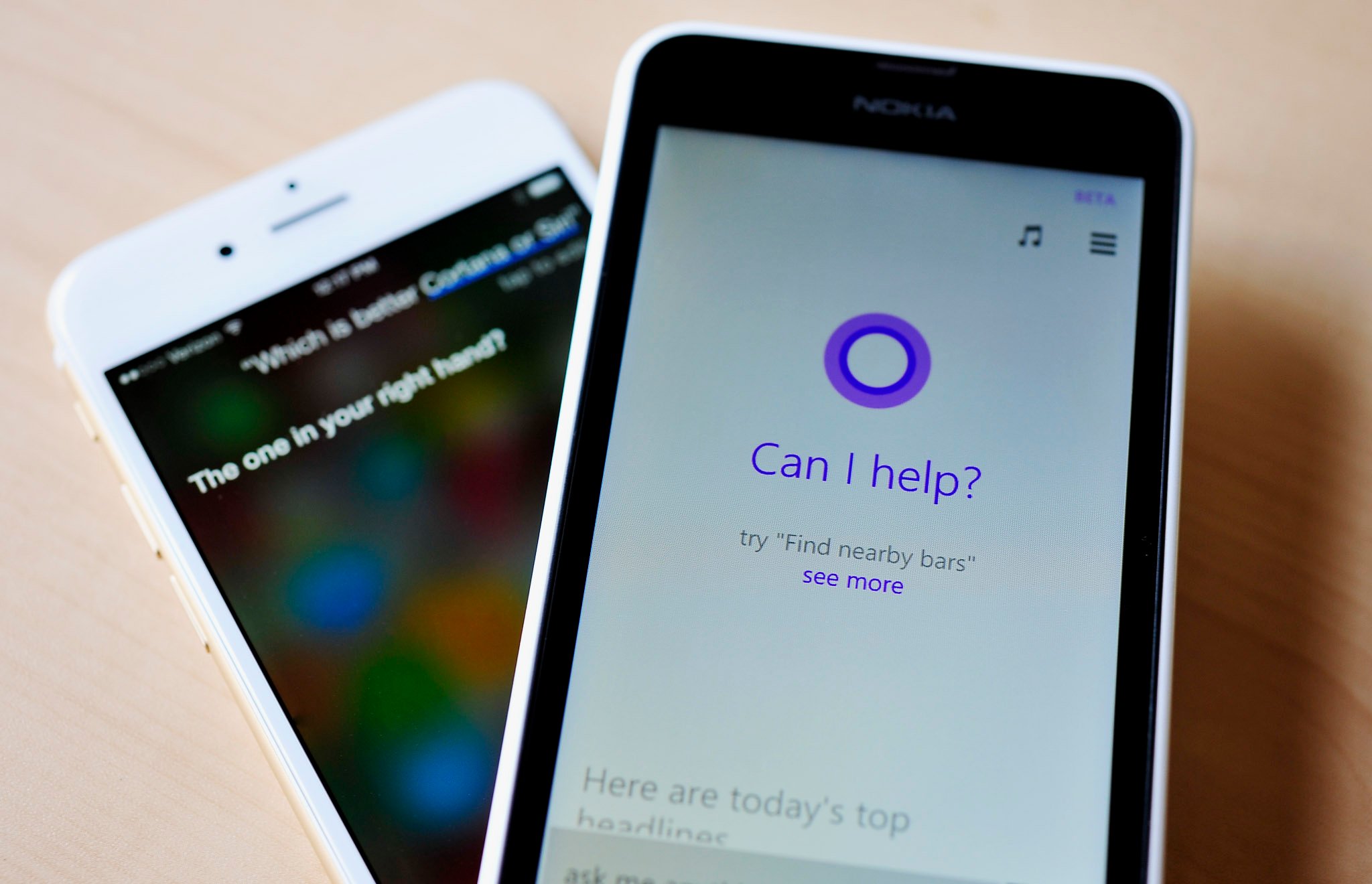
In 2015, it is a very odd state of affairs when you look at Google, Apple, and Microsoft. Out of those, Microsoft is now the most open in regards to putting their services everywhere.
Apple is – and likely will always be – a closed off ecosystem. The Apple Watch is iOS only and don't hold your breath for their services jumping over to Android or the PC anytime soon either. Then again, let's be honest here – when was the last time you yearned for iTunes on your phone? Moreover, would you really choose FaceTime over the ubiquity of Skype? Besides just being closed-off, Apple's services are just generally lame.
Google, meanwhile has done a turn for the worse. Back in 2007, I ran a YouTube app for Windows Mobile made by Google. In 2015, Google cannot even be bothered to make that app due to the supposed low market share of Windows Phone. The amount of Windows Phone users in 2015 certainly dwarfs Windows Mobile users in 2007, when smartphones were completely niche.
Alternatively, look no further than Android itself, which is increasingly becoming less open sourced as Google tries to exert more control over it.
Microsoft, however, is poles apart. They are putting all their services and prime offerings everywhere, regardless of platforms. In today's video, Microsoft's Joe Belfiore made this very clear:
"We set out with the goal of making Windows 10 for everyone…and we're going to ensure that Windows 10 works great with whatever device you have."
They mean it.
This openness by Microsoft is winning back former critics of the software giant. Furthermore, consumers like it too. Read some of the comments on other sites about this announcement today and almost no one who is on iOS or Android is upset about this change. Instead, Cortana expanding has done nothing but make iPhone and Android users excited about another Microsoft product.
That is an awesome "problem" to have.
Finally, people do not like being told you 'need to buy this hardware to get this software to work.' Don't get me wrong, if you have a super compelling product you can get away with it, but in the long run it is a bad business decision.
Our devices are becoming less important as apps and services dominate the landscape. Because of this change, hardware fades into the background.
4. Being closed does not work
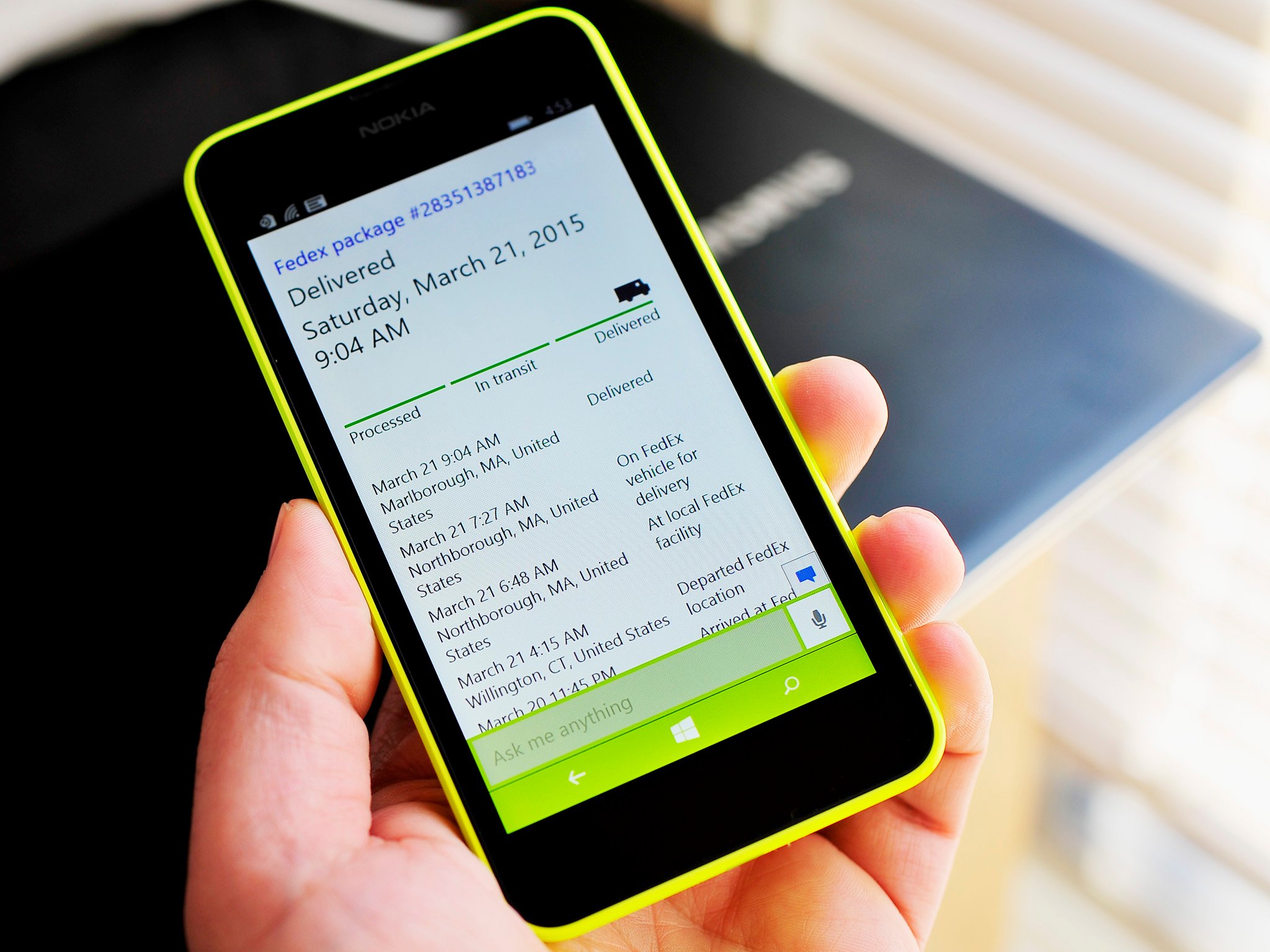
I think for many fans of Windows Phone, they still believe Microsoft should have a closed door policy. Keep all the unique features on Windows Phone to Windows Phone.
Xbox, OneDrive, Outlook, Cortana, Bing, Office, Skype should all be locked into Microsoft products. The world will see the light and eventually ditch their iPhones or Galaxy phones for a Lumia.
Unfortunately, this strategy did not work for the first few years of Windows Phone where many things were exclusive to Microsoft's mobile ecosystem. Perhaps Microsoft blew the 'Xbox phone' strategy or maybe they were victims of changing times e.g. the rise of Facebook games.
Cortana already has some momentum behind it. I have spoken with AT&T store reps who remarked about iPhone users asking if they can get Cortana on their phone. Trying to get those people to give up their iPhone for a Lumia is just not as easy as, you know, just giving them Cortana.
From the other end, Cortana has been out for over a year in the US, and it has done zilch for increasing overall market share here. If you think keeping Cortana exclusive to Windows Phone is enough to get people to switch, you are very wrong.
Microsoft is just too far behind in mobile to play the exclusivity card. That strategy only works when you are on top, which is why Google is now behaving the way Microsoft did 20 years ago when it dominated desktop.
5. Rile your rivals
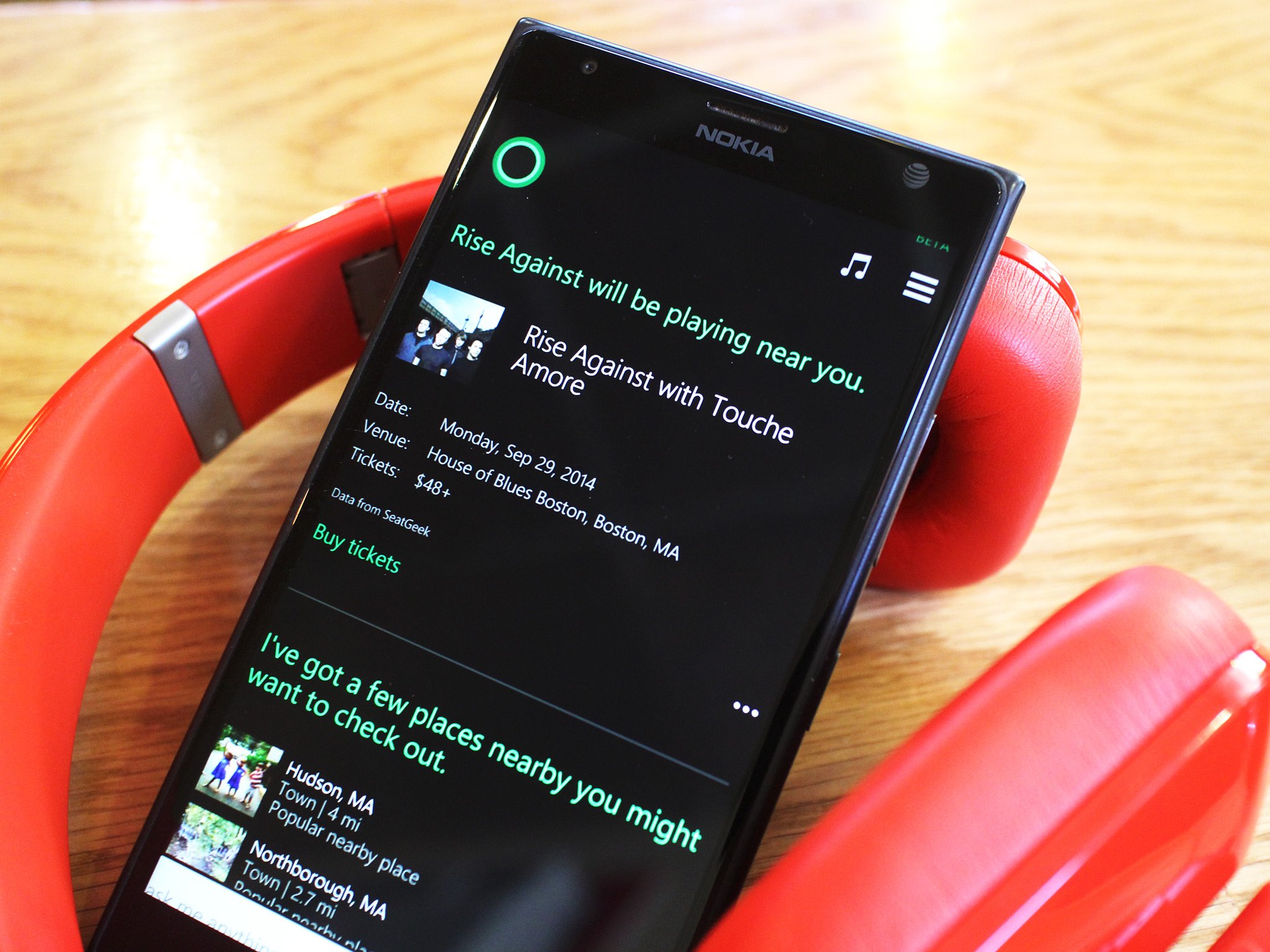
How many iOS users will actually ditch Siri for Cortana? It is hard to say, but likely not many. Instead, what Microsoft is doing is giving those on an iPhone or Samsung Galaxy a taste of Cortana so that maybe on their next phone purchase, they see the value in going all-Microsoft.
Don't forget, this is Google's strategy: 'Hey, you like Gmail and Google Search? Why not have a phone that is all Google "stuff"?' And you know, it works.
The argument here is obvious: if you like OneDrive, if you have an Xbox One, if you like Cortana, why not go all in with the full Windows 10 ecosystem including Mobile? I already made it clear above that Cortana is going to be still better on Windows 10 than on iOS and Android, so there is a value play here.
Microsoft has also stated this numerous times, noting that the best experience is on Windows 10 devices. This fact is demonstrably true since Microsoft is opening up the APIs to all of their services to app developers, who can then natively code deep-linked Windows apps.
Finally, you have to ask do you think Cupertino is not feeling a bit threatened? What about Google, the search giant? If they see their customers starting to prefer OneDrive, Outlook, Bing, Cortana, Office and more to their offerings, that is a big problem for them in the long term. Bing, to this dismay of many, now accounts for 1-in-5 searches (and 30 percent if you include Yahoo!). Cortana on Android only augments that growth.
I do not see any scenario here in which Google is pleased with seeing all of these Microsoft services not only landing on Android, but doing well too.
Social scientists have a name for this stategy. It is called Foot-in-the-door (FITD) technique and it is something companies routinely fear happening to their customers.
Conclusion
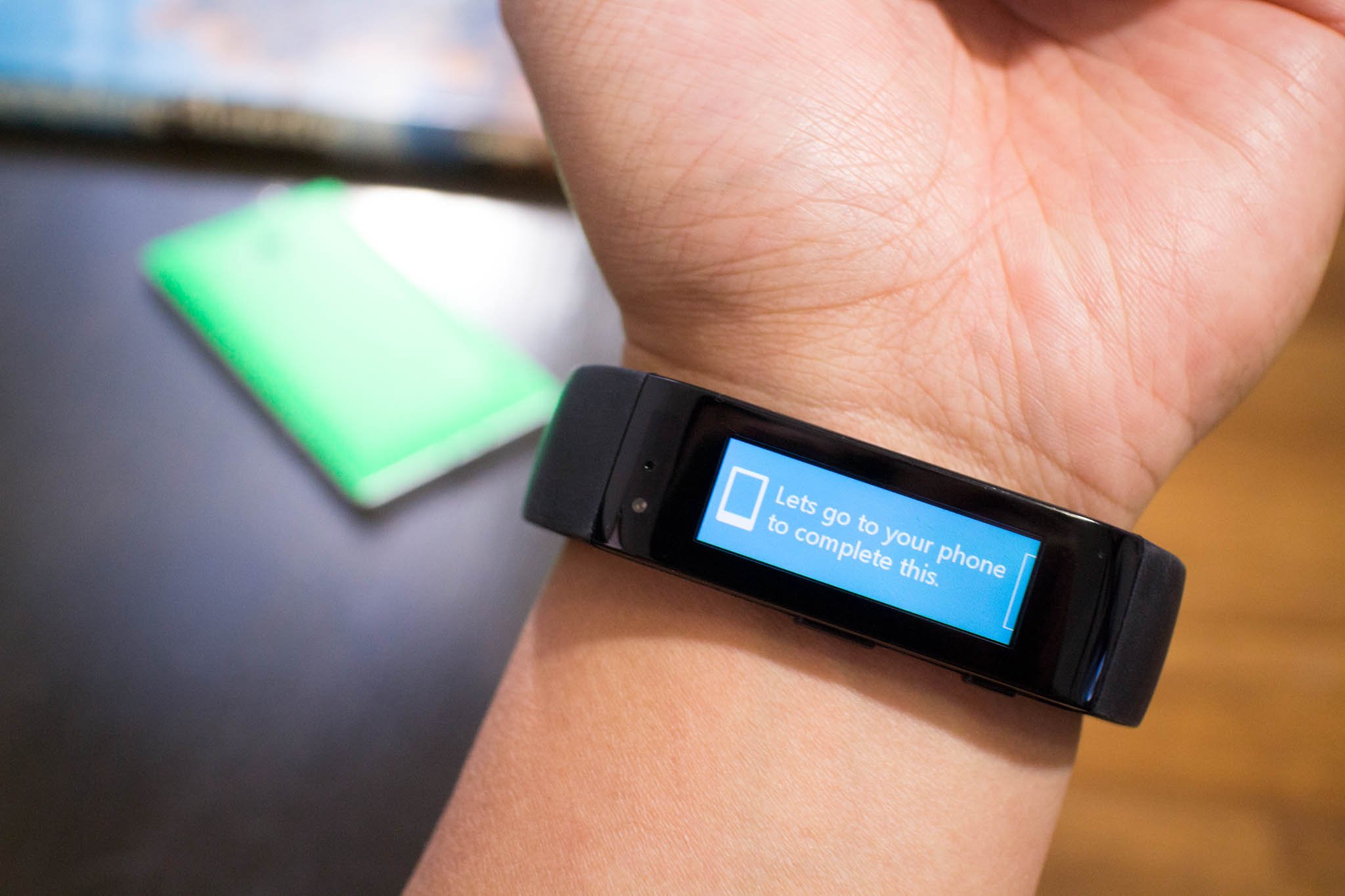
Cortana going to the iPhone and Android is happening. Although it remains to be seen what it does for Microsoft in the long run – and if Windows 10 will even resonate with customers – this was their only true choice for a strategy.
In 2015, Microsoft does not have the prestige to dictate to consumers "switch or find something else." The world is very different, and people carry multiple devices. There is that guy out there who carries an Android tablet, a Windows laptop, and an iPhone, I assure you. The question is, does Microsoft ignore that person or give them the best services around?
None of this would matter if Microsoft's new products and services were not respectable. The fact is, Outlook, OneDrive, Skype, Cortana, Xbox Music and more are exciting and well-done bits of software. Why not let the world experience it, build the company's image and become a household brand again?
With Cortana going everywhere, it can do what Google did for search years ago: become synonymous with the service.
So far, Google Now and Siri are locked in virtual cages on their platforms. Cortana though, especially with Windows 10 and the Internet of Things, can go anywhere. The fact that Cupertino or Mountain View cannot see this opportunity works to Microsoft's advantage.
In five years time if you see Cortana working on your TV, phone, PC, tablet, smartwatch even your refrigerator, you may understand why today's announcement is a righteous thing.

Daniel Rubino is the Editor-in-chief of Windows Central. He is also the head reviewer, podcast co-host, and analyst. He has been covering Microsoft since 2007 when this site was called WMExperts (and later Windows Phone Central). His interests include Windows, laptops, next-gen computing, and wearable tech. He has reviewed laptops for over 10 years and is particularly fond of 2-in-1 convertibles, Arm64 processors, new form factors, and thin-and-light PCs. Before all this tech stuff, he worked on a Ph.D. in linguistics, performed polysomnographs in NYC, and was a motion-picture operator for 17 years.
